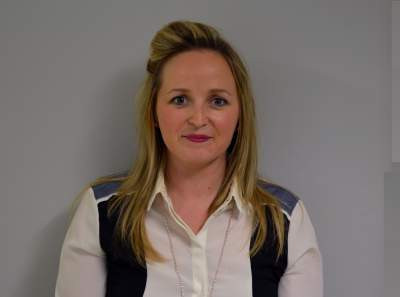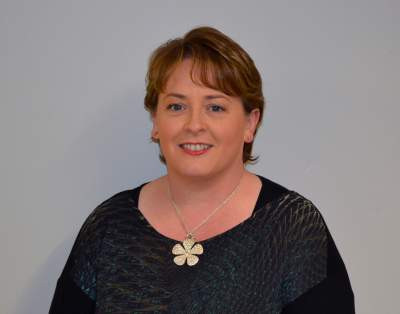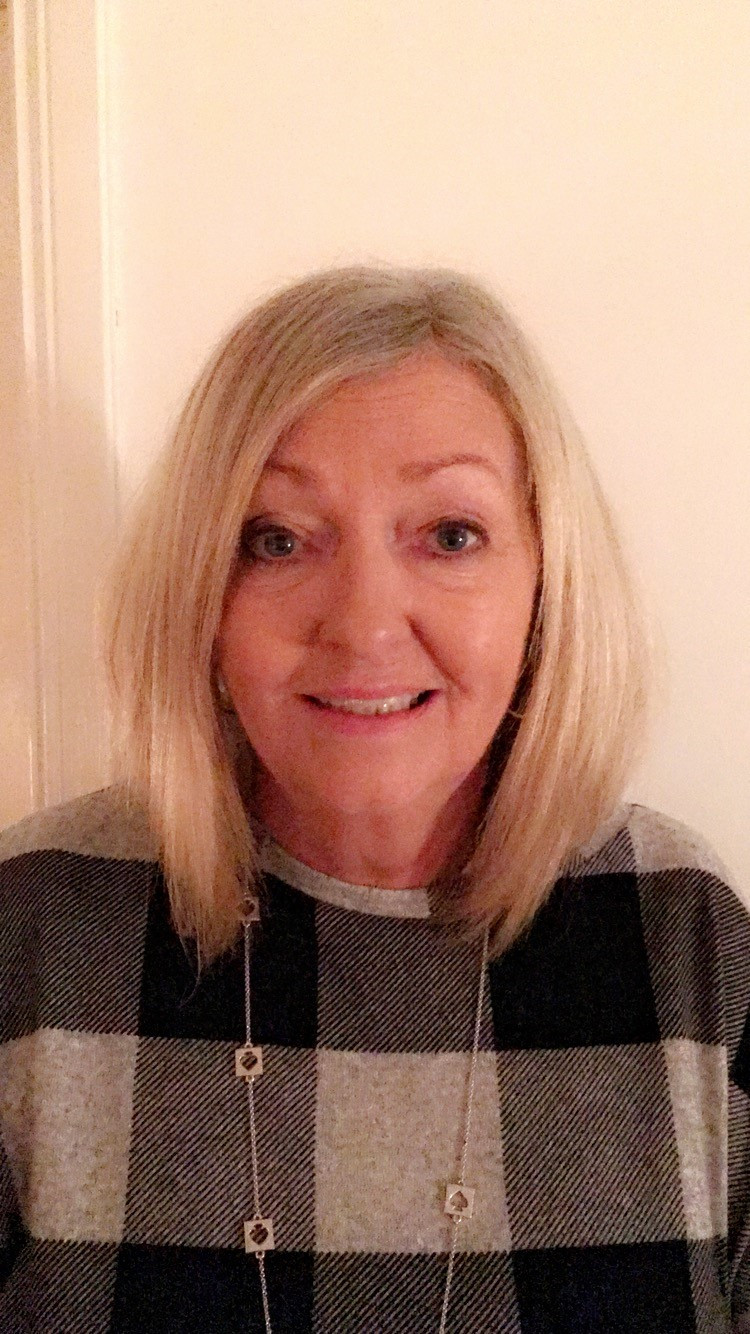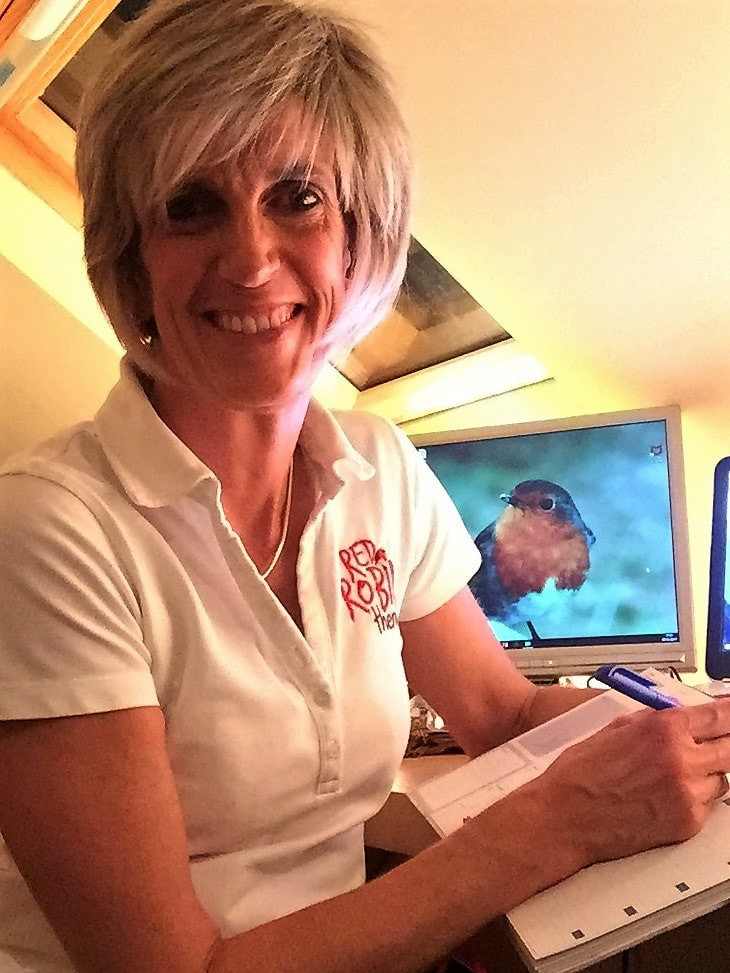Package summary
Notes
Courses in package
Autism, Learning Style, and the Impact of Visual Teaching Methods
Event summary
Date
Start Time
End Time
Castle Tower School, Ballymena, Antrim
Booking closes
Autism, Learning Style, and the Impact of Visual Teaching Methods
Visual strategies are widely used when working and living with autistic children and young people, as they:
• Complement the learning style of many autistic children, young people and adults
• Can be introduced alongside other intervention strategies.
• Are adaptable, portable and can be used in most situations.
The use of visual strategies can have a notable impact on how an autistic child experiences family, community, and school life, as they help to clarify expectations and make abstract concepts more concrete. Visual strategies support children as they develop effective communication, appropriate social interaction, and positive behaviour skills, as well as accessing the curriculum.
This session will cover why visual teaching methods work. Professionals and parents will become more familiar with how their input will reflect a sound evidence base and be more able to adapt the school or home environment and individualised tasks to meet the needs of the child, in order, to enhance learning, play or leisure skills and social interactions.
Expected Outcomes
• Understand the importance of visual teaching methods.
• Understand how visuals will improve the learning of the child and his or her experiences
• Develop some visual strategies that can be used to support the child
• Why visuals work for autistic children.
• Using visuals in school or the family home
• How to develop visuals and implement visual strategies.
Notes
Location
Castle Tower School
Get Directions
Edel Quinn
Edel's main specialisms are in early intervention and delivering training in the implementation of visual strategies and behaviour. Edel is a Certified TEACCH Trainer with Division TEACCH, North Carolina. Edel has developed and delivered anxiety trainings and anxiety research projects to parents and professionals across Ireland. She has delivered at Autism and Mental Health Conference, NAS and the Autism Congress. Edel is an associate lecturer on the Post Graduate Autism Certificate with Mary Immaculate College, Limerick. Edel is working towards accreditation with BACP as a Cognitive Behaviour Therapist.
Autism and Communication for Students in the Special School
Event summary
Date
Start Time
End Time
Castle Tower School, Ballymena, Antrim
Booking closes
Autism and Communication for Students in the Special School
Autistic children and young people in the special school often experience communication challenges. Many autistic children and young people have differences in attention, language development and interaction which can impact their time in school and at home.
This session will examine these differences in attention, language development and interaction. Understanding differences in communication styles is important as autistic students are more likely to be successful communicators in environments that are designed to encourage and support their efforts.
Participants will:
Understand autistic students’ differences in attention, language development and social interaction.
Reflect on their own interaction style and how this impacts the autistic young person.
Understand how to use engagement and child-led play as the starting point for communication.
Recognise that visual supports, as tools of communication with and for students, are critically important.
Recognise various forms of communication and use of a variety of communicative tools.
Gain ideas and practical strategies for making meaningful interactions with the student.
Course Overview
Attention in autism and its importance as a foundation for communication.
Language development in autism.
Supporting engagement through child-led led play and interaction.
Supporting challenges in receptive (understanding) language.
A look at verbal and non-verbal forms of communication.
Notes
Location
Castle Tower School
Get Directions
Majella Nugent
Majella’s training specialism is Relationship and Sexuality Education, Transitions and Special Education Needs. Majella has contributed to the development of the curriculum as a Professional Associate with CCEA for learners with MLD and co-ordinated specialist trainings including Transition to Higher Education (Ulster University and Trinity College Dublin), 16+ Education and Employment, and Sibling trainings. Majella is an Associate Lecturer on the Post Graduate Certificate with Mary Immaculate College Limerick.
Autism and Anxiety for those with additional learning difficulties
Event summary
Date
Start Time
End Time
Castle Tower School, Ballymena, Antrim
Booking closes
Autism and Anxiety for those with additional learning difficulties
For many autistic students, school can be a major source of stress. Everyone shows their anxiety in individual ways, so the most reliable observations that a student is anxious are going to be made by the people who know the student best. This shows the importance of working closely not only within the family structure, but also with the school staff.
This session is an introduction to strategies that can be used to alleviate the experience of anxiety in autistic students. This will include an introduction to cognitively based strategies and how to develop student centred strategies to deal with anxiety.
Participants will:
• Understand how anxiety can escalate and may result in an emotional response
• Develop some simple strategies to prevent the escalation of anxiety.
• Understand the basics of cognitively based management approaches.
Course Overview
• Anxiety triggers and build up.
• “On the spot” anxiety management strategies.
• Developing a “stress kit.”
• Cognitively based approaches and the emotional toolkit.
Notes
Location
Castle Tower School
Get Directions
Frances Stewart
Autism and Sensory Processing
Event summary
Date
Start Time
End Time
Castle Tower School, Ballymena, Antrim
Booking closes
Autism, the Special School and Sensory Processing
Many autistic children and young people have differences in how they process the sensory stimuli in the world around them. A child or young person who presents with additional learning needs may experience more challenges with how the or she perceives and responds to sensory input. This course is designed to look specifically at the sensory processing needs of autistic children and young people with other complex learning needs, such as communication difficulties, physical or sensory difficulties, attention difficulties and medical needs.
Participants will:
• Gain an understanding of the concept of sensory processing and how this relates to participation in daily activities.
• Understand how sensory processing differences can affect the child or young person at home, in school and in other settings.
• Understand the importance of identifying the potential sensory function of a behaviour.
• Gain knowledge about intervention strategies, which can address the sensory processing needs of the children and young people with additional and complex learning needs at home, in school and in other settings.
Overview:
• Introduction to sensory processing.
• The sensory processing differences, which may be experienced by a child or young with additional and complex learning needs.
• The impact of these sensory processing differences on participation in daily activities
• Identifying the sensory functions of some behaviours.
• Strategies to support sensory processing needs of the child or young person with additional and complex learning needs.
Notes
Location
Castle Tower School
Get Directions
